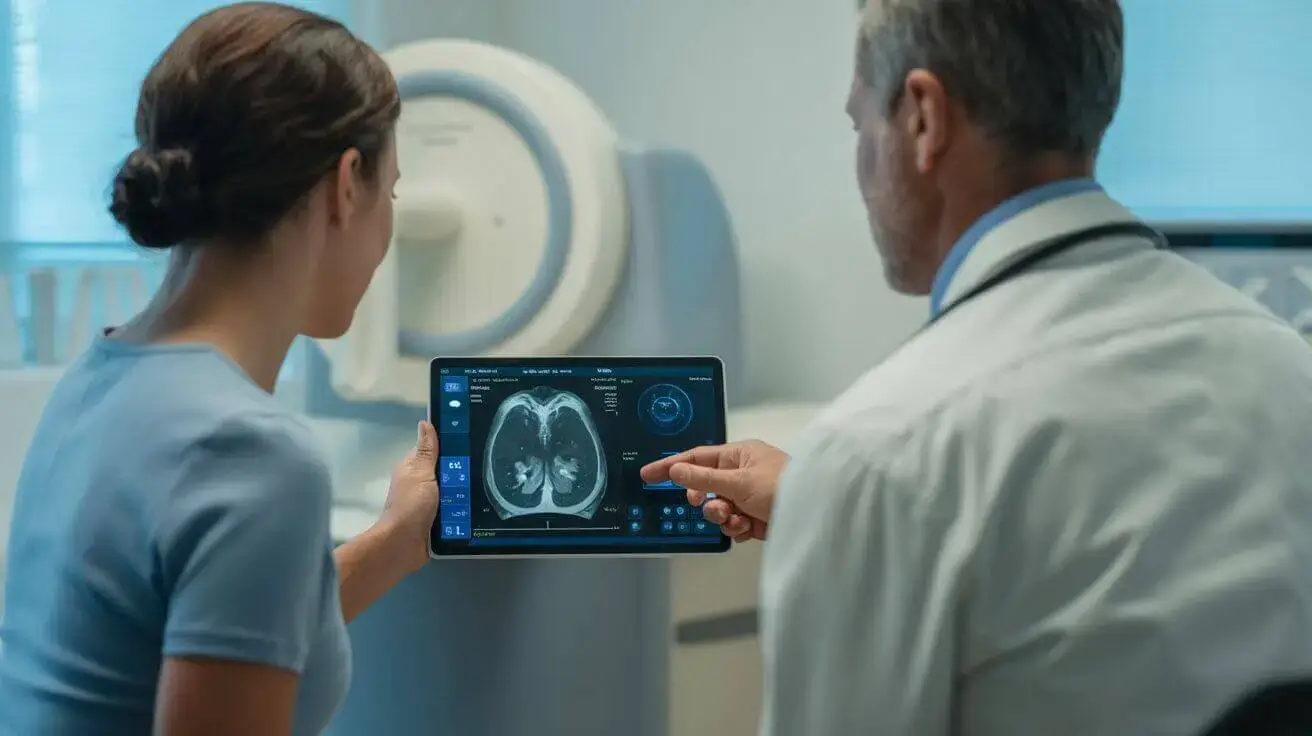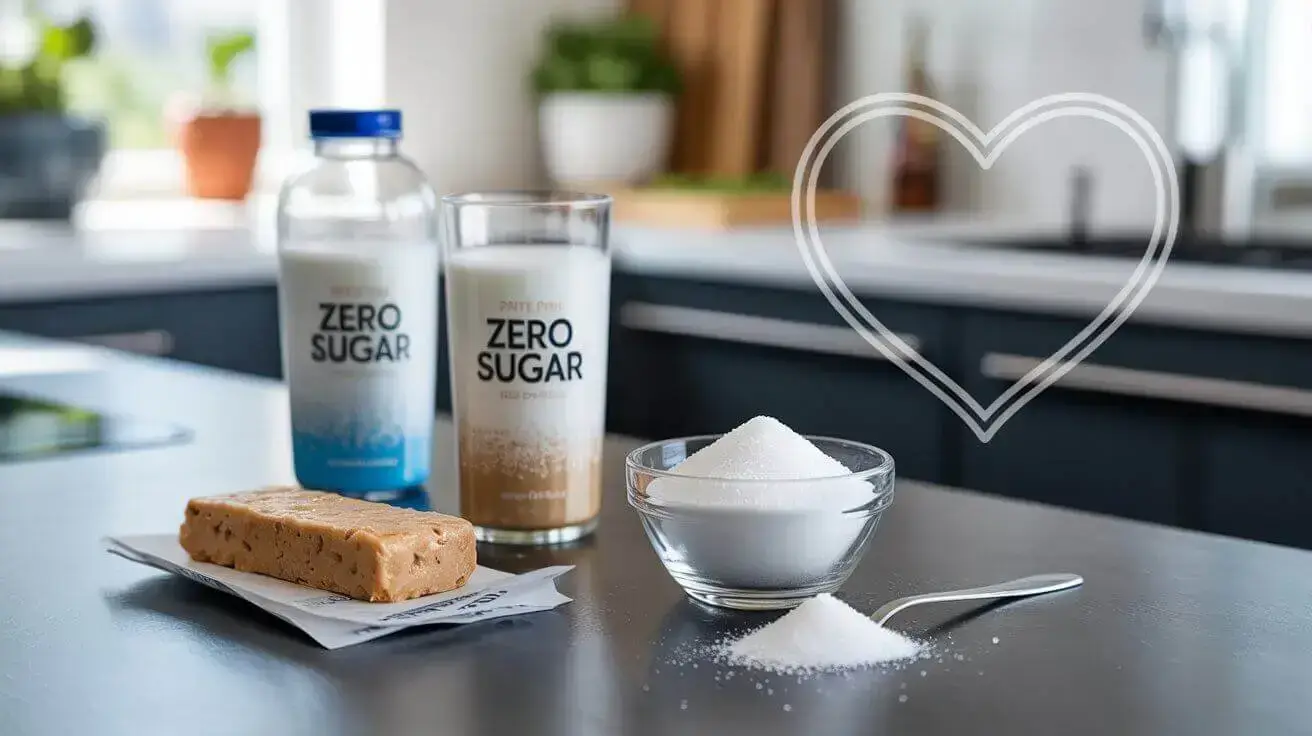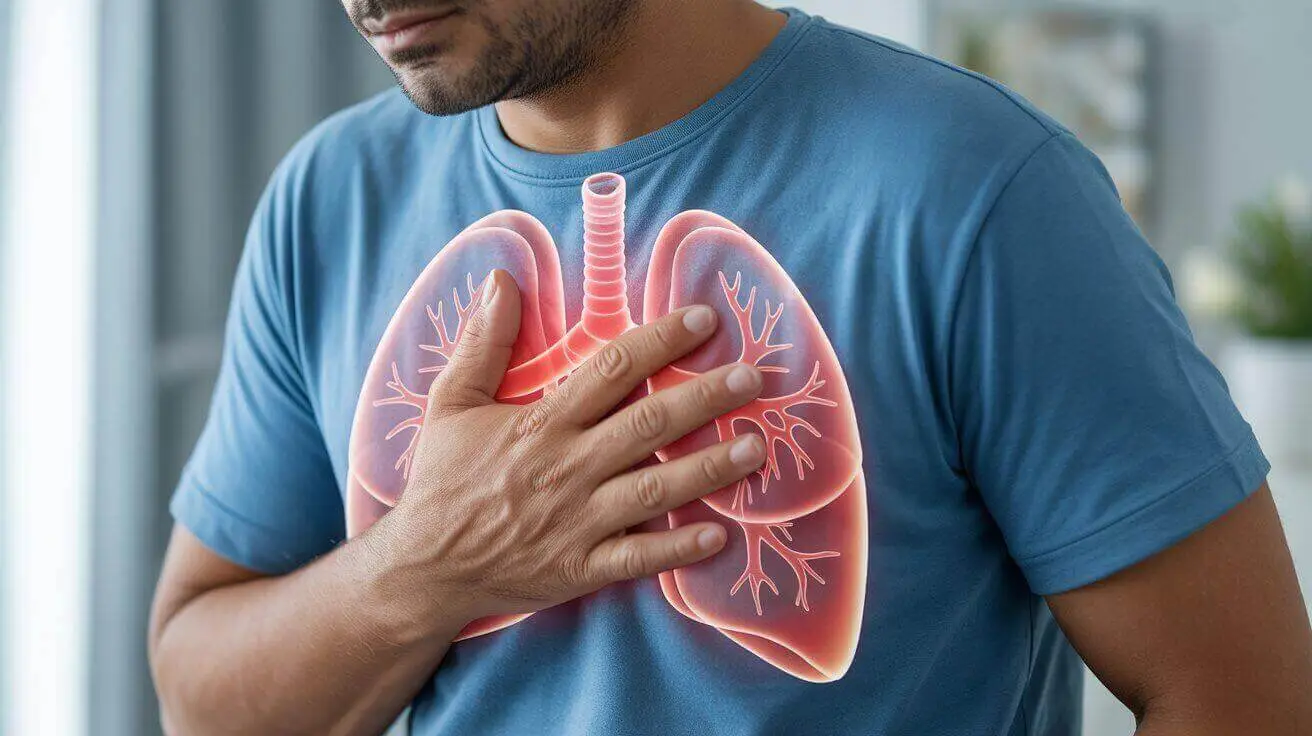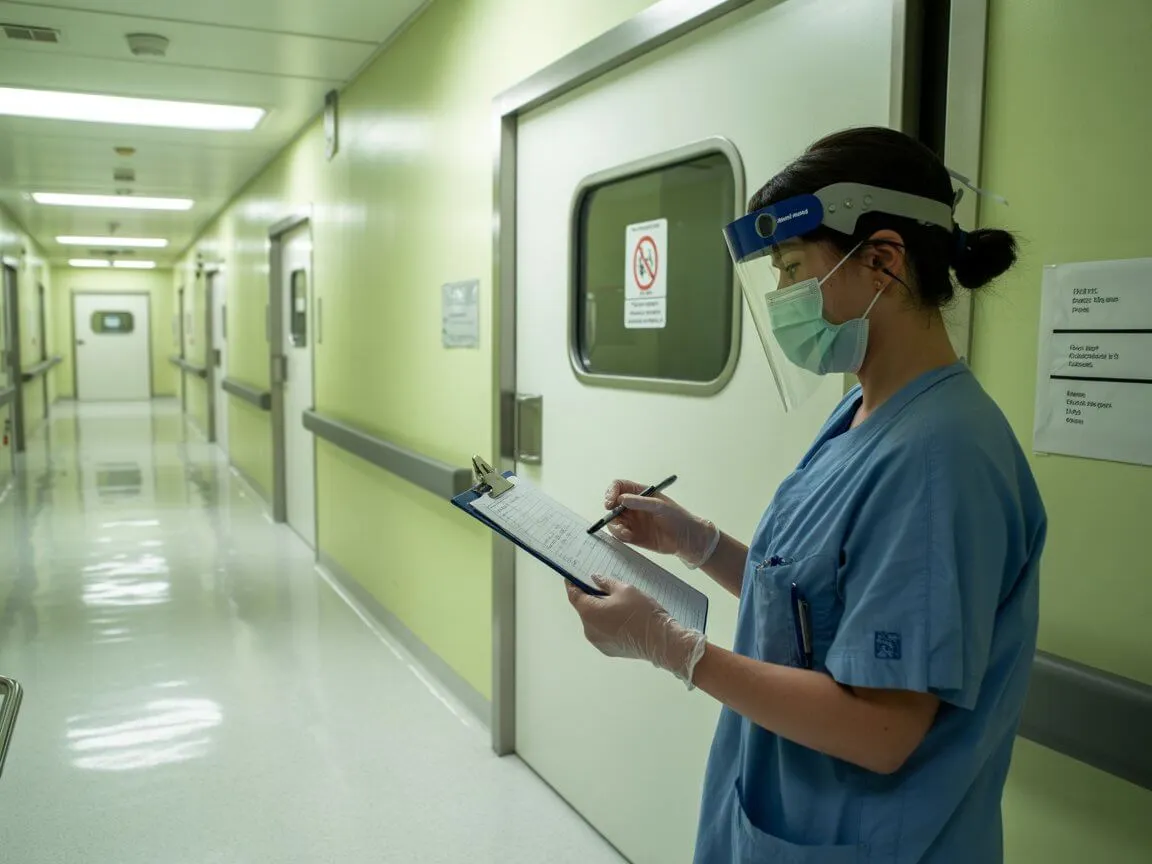If you or someone you care about lives with high blood pressure, you’re probably already taking daily medication to help manage it. And while it’s well known that consistency is key, one common question remains: What’s the best time to take blood pressure medication? Morning? Night? Does it really make a difference?
Let’s take a closer look at what science says — and what the official guidelines recommend.
Morning vs. Night: What’s the Debate?
For decades, the standard recommendation has been to take blood pressure medication in the morning. That made sense — blood pressure typically rises after waking up and stays elevated throughout the day, so taking medication early helps keep it in check.
However, more recent studies have explored whether taking blood pressure medication at night might offer additional protection — especially for the heart during sleep, when blood pressure is naturally expected to dip. Some researchers suggest that nighttime dosing may better control nighttime blood pressure and potentially reduce the risk of heart attacks, strokes, and early death.
So, is nighttime truly the best time to take blood pressure medication for everyone?
Understanding Your Body’s Natural Rhythm

Our bodies operate on a 24-hour internal clock known as the circadian rhythm. It regulates many functions, including sleep, hormone release — and yes, blood pressure.
At night, blood pressure is expected to drop naturally during sleep — a phenomenon known as “nocturnal dipping.” But in some people — especially older adults or individuals with diabetes — this drop doesn’t happen. These people are called “non-dippers” and are at higher risk of cardiovascular complications.
Some studies suggest that taking blood pressure medication at night can help restore this healthy nighttime dip, giving the heart and blood vessels a rest — which may reduce long-term damage.
- Curious if your sleep is truly restorative?
Discover the best gadgets that track sleep quality, deep sleep phases, nighttime heart rate, and more: Best Sleep Tracker 2025: Oura, Fitbit & Apple Watch Compared.
The Hygia Chronotherapy Trial (involving over 19,000 patients) found that taking medication at bedtime significantly lowered nighttime blood pressure and reduced cardiovascular risk over time (Heneghan et al., 2020). It supported the idea that bedtime might be the best time to take blood pressure medication for better heart protection.
On the other hand, newer large-scale studies like the TIME Trial (UK, 2022), which included over 21,000 participants, found no significant difference in cardiovascular outcomes between morning and evening dosing (Ho & Reid, 2022).
What Do the Guidelines Say About the Best Time to Take Blood Pressure Medication?
Despite growing interest in nighttime dosing, leading U.S. medical societies — such as the American Heart Association (AHA) and the American College of Cardiology (ACC) — do not currently recommend taking blood pressure medication at night as a standard practice for all patients. That’s because the evidence across studies remains inconsistent.
According to the AHA/ACC 2017 guidelines (still current as of 2025):
- There is no official recommendation on the best time to take blood pressure medication.
- Medication adherence is the priority — taking it consistently at the same time every day is what matters most.
- Once-daily, long-acting medications are preferred, as they provide around-the-clock blood pressure control.
- Diuretics, however, should ideally be taken in the morning, since taking them at night can disrupt sleep due to increased urination.
In short, according to the guidelines: morning, evening, or any consistent time — all are acceptable, as long as the medication is taken properly and blood pressure is well controlled.
That said, your doctor may assess your case individually. If, for example, your blood pressure tends to rise more at night, your provider may recommend taking the medication in the evening to optimize effectiveness.
What Should You Do?
- Always follow your doctor’s guidance. Don’t change the timing of your medication on your own — especially if you take more than one drug.
- Take your medication at the same time each day, whether that’s morning or night.
- Talk to your doctor if you have resistant hypertension, elevated nighttime readings, or early morning spikes — they may determine that evening dosing is better suited to your case.
Conclusion

While some studies suggest potential benefits to taking blood pressure medication at night, the leading U.S. cardiology societies have not yet changed their official guidance. The most important thing is that your treatment keeps your blood pressure controlled throughout the 24-hour cycle — and that you take your medication consistently, as directed by your doctor.
Your heart works 24 hours a day — your treatment should too.
Medical Disclaimer: This content is for educational purposes only and does not replace professional medical advice, diagnosis, or treatment. Always consult your physician or a qualified healthcare provider with any questions about a medical condition.










